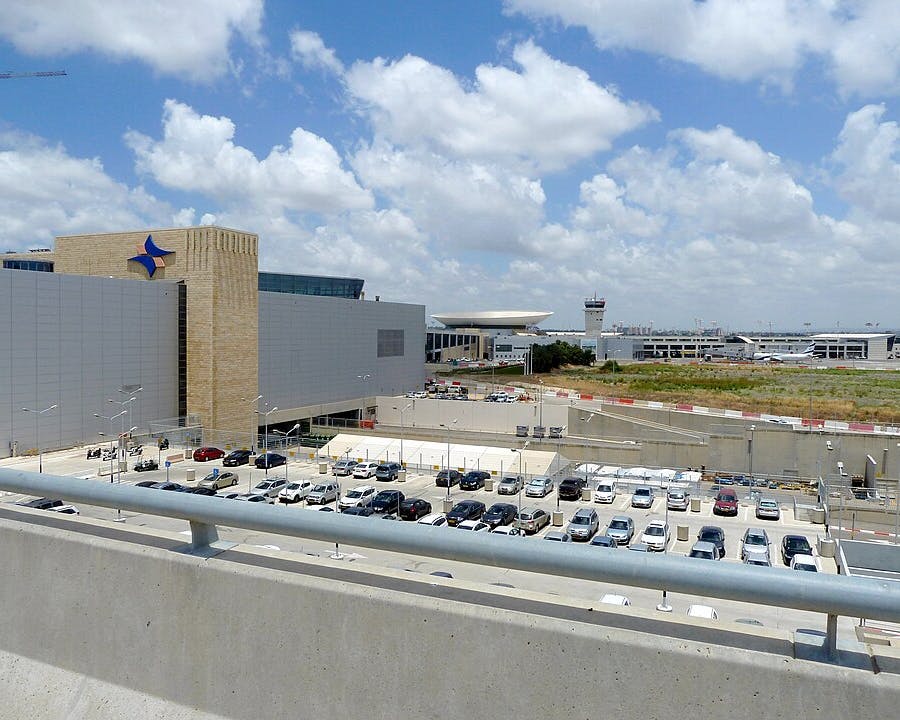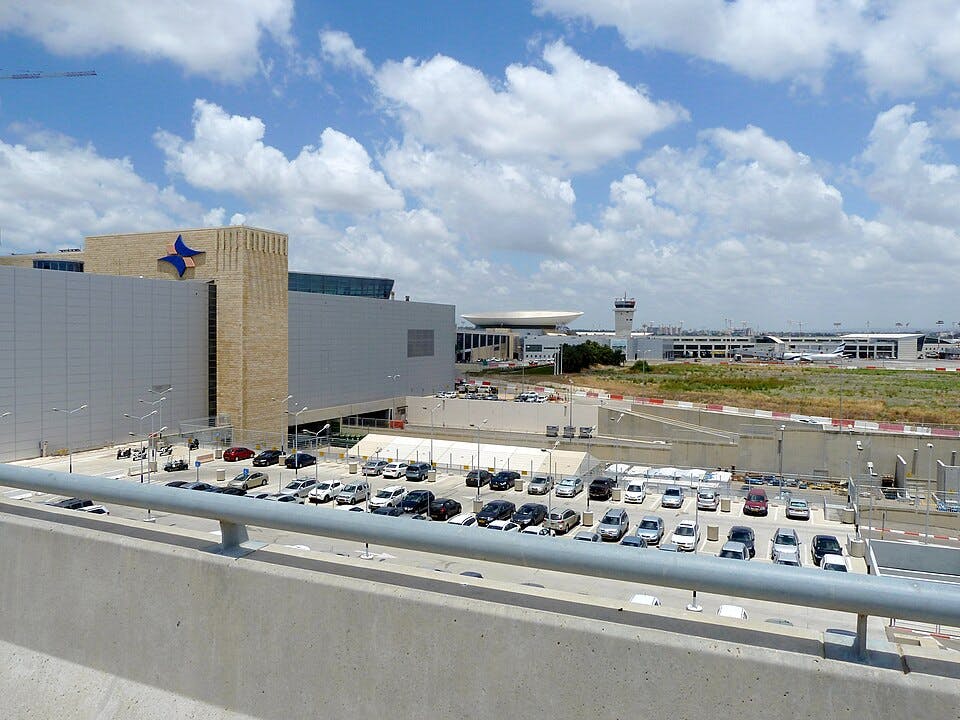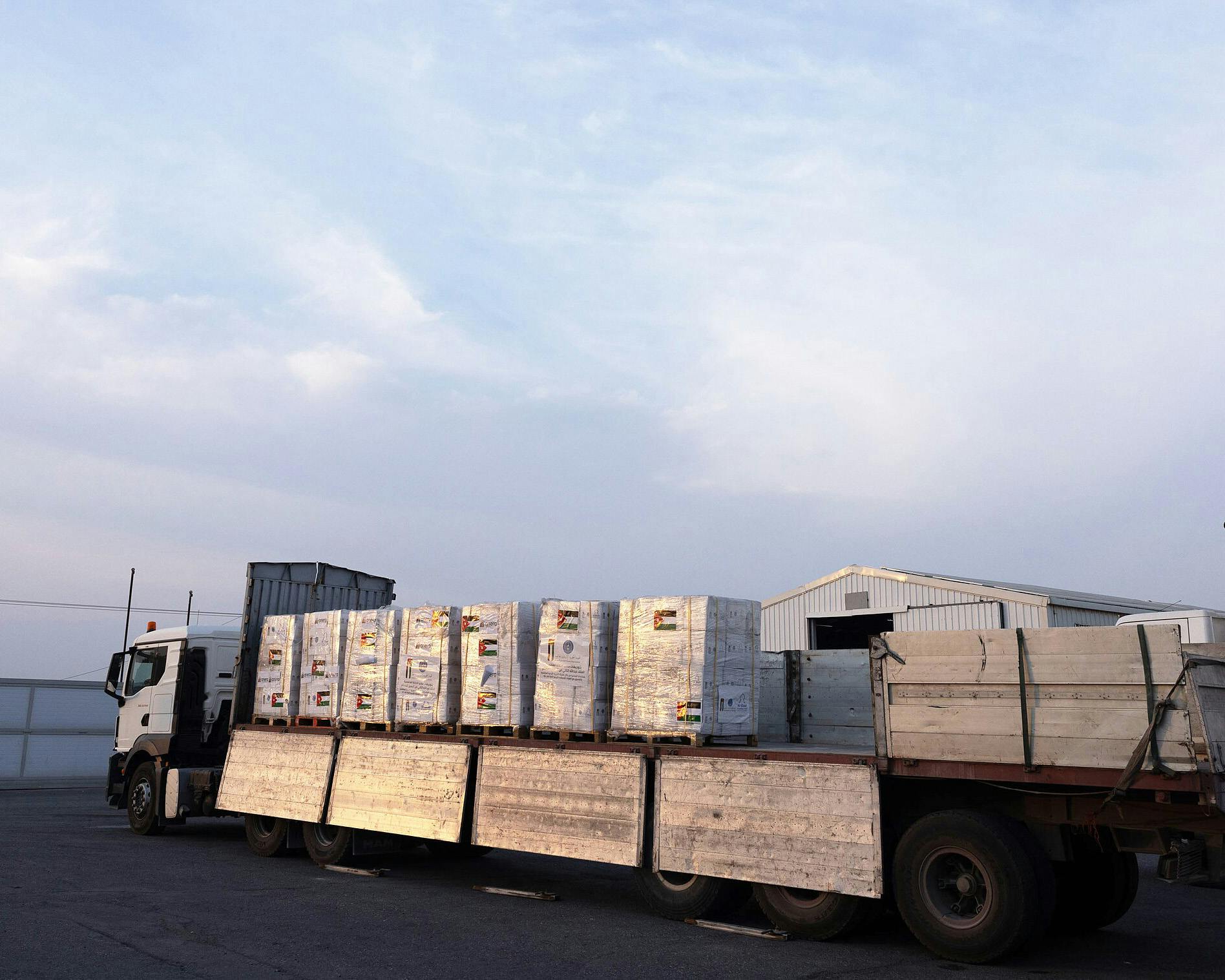Houthi Missile Strikes Near Ben Gurion Airport, Signaling Shift in Hostilities


Monday, 5 May 2025 | On May 4, 2025, a ballistic missile launched by Yemen’s Iran-backed Houthi rebels struck near Israel’s Ben Gurion International Airport, marking a significant escalation in the group’s attacks on Israeli territory. The missile, which evaded both Israel’s Arrow defense system and the US-deployed THAAD system, landed in a grove near Terminal 3, causing minor damage and injuring eight people, with injuries ranging from mild to moderate due to blast effects or mishaps while seeking shelter. No fatalities were reported.
The attack, the first Houthi missile to impact Ben Gurion Airport’s grounds, triggered air raid sirens across central Israel, disrupted air traffic, and prompted a wave of flight cancellations by foreign airlines, including Air India, Delta, and Lufthansa. Israeli Prime Minister Benjamin Netanyahu vowed a forceful response against the Houthis and their Iranian backers, signaling a potential shift in Israel’s policy of restraint toward Yemen.
The missile strike caused panic among passengers at Ben Gurion, Israel’s main international gateway near Tel Aviv. Surveillance camera footage showed a plume of black smoke rising from the impact site, a crater reportedly tens of meters in diameter and more than 25 meters (75 ft.) deep. Magen David Adom, Israel’s emergency service, treated the injured, most of whom were hurt rushing to shelters or from blast-related trauma. Airport operations resumed within an hour, but the airline cancellations left Israeli carriers El Al, Arkia, and Israir as the only airlines to continue flying, driving up airfares.
The Israel Defense Forces (IDF) confirmed multiple unsuccessful interception attempts, with an initial probe led by IAF chief Maj. Gen. Tomer Bar attributing the failure to a “pinpoint technical malfunction” in the Arrow interceptor.
Netanyahu, in a video statement and posts on X, condemned the attack, asserting that “attacks by the Houthis emanate from Iran.” He endorsed a March statement by US President Donald Trump, who vowed to hold Iran accountable for Houthi actions. “We’re operating against them [Iran and the Houthis] in coordination with the United States,” he said. “We’ve acted against them before, and we will again. This isn’t one and we're done, there will be severe blows.”
Defense Minister Israel Katz echoed his statements, saying, "Whoever harms us will be struck sevenfold in return." Israeli security officials later told a KAN public broadcaster that there are no restrictions for a response following the airport hit, suggesting direct strikes on Houthi targets in Yemen are under consideration.
The Houthis claimed responsibility, with miliary spokesperson Yahya Saree calling Ben Gurion Airport “no longer safe for air travel” and announcing plans for “a comprehensive aerial blockade” on Israel. According to the Houthis, the missile was a hypersonic ballistic missile, boasting stealth technology, a 2,150-km. (1,336 mi.) range, and speeds up to Mach 16. Senior Houthi official Hezam al-Asad, posting in Hebrew on X, threatened to shut down the airport until Israel ends its Gaza offensive and lifts its blockade.
Since the Gaza war began on October 7, 2023, the Houthis have launched over 350 ballistic missiles, cruise missiles and drones at Israel. Most have been intercepted by Israel’s multilayered defense systems, with a success rate of approximately 96%. Other notable incidents include a July 2024 drone strike in Tel Aviv that killed one person, and a December 2024 missile attack on a Tel Aviv playground injuring 16. The May 4 attack was the fifth missile launched at Israel in two days, with three missiles and a drone intercepted on May 3.
Israel’s Security Cabinet convened at 7pm on May 4 to discuss responses, with sources indicating a policy shift from restraint to direct action. Following the attack on Ben Gurion Airport, Israel is reevaluating its temporary policy of restraint, which had allowed US President Donald Trump to tackle the Houthi threat without Israel’s involvement. Since March, the US has conducted over 1,000 airstrikes on Houthi targets, killing hundreds, but the group’s capabilities remain potent, bolstered by Iranian-supplied technology. Israel’s last strike on Yemen, in December 2024, targeted Sanaa’s ports and energy infrastructure.
The direct hit on the grounds of Ben Gurion Airport underscores the regional dimension of the Gaza conflict, with the Houthis intensifying attacks on Israel and Red Sea shipping routes. As Israel mobilizes thousands of reservists to expand its Gaza offensive, the Houthi strike has heightened fears of a wider confrontation involving Iran and its proxies, potentially drawing in the US and other regional actors. The international community watches closely as Israel weighs its next moves, balancing domestic security demands with the risk of further escalation.
(Bridges for Peace, May 5, 2025)
License: Wikimedia
Related Resources

Discover Your Purpose and God’s Heart For You
In today's divided, turbulent world, it's essential for the Church to rediscover God's heart. Our free e-book, authored by a seasoned expert with three decades of experience in Israel, delves deep into the teachings of Jesus (Yeshua) to reveal God’s principles of love and purpose. Learn how embracing these truths can bring significance and impact to your life, even amidst chaos. Subscribe now to receive your free copy and embark on a journey of transformation.




